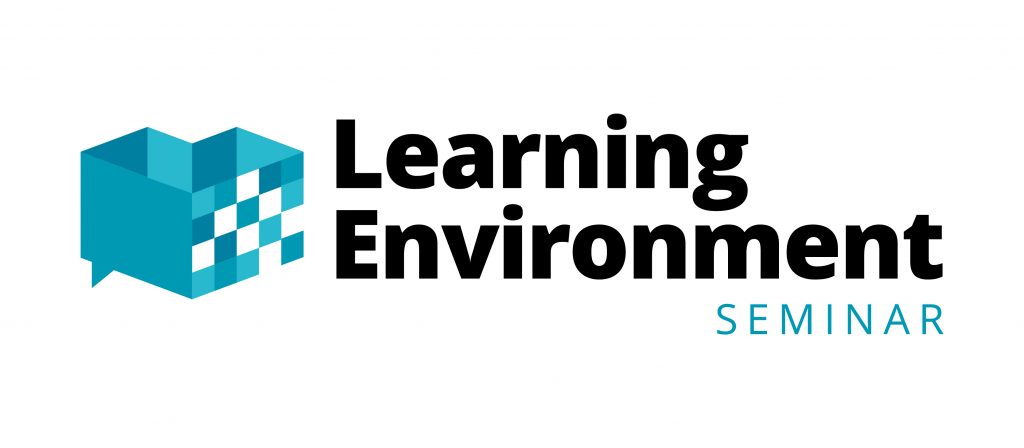“In the Flow and Flux” – 10th anniversary of the UEF Learning Environment Seminar
All UEF staff and students, come and join us on 20-21 August 2024 at the Learning Environment Seminar of the University of Eastern Finland to celebrate the 10th anniversary of the seminar!
The Learning Environment Seminar is open to all UEF members, both staff and students, and participation is free of charge. This year the seminar will take place on the Joensuu campus and online. The programme includes both face-to-face and online sessions: lectures, panel discussions and workshops. Find out more about the programme on the Learning Environment Seminar website (UEF access).
In an interview with Rector Jukka Mönkkönen entitled “The University of Eastern Finland continues to develop learning environments into a new decade” (currently available only in Finnish), you can find out how the Learning Environment Seminar got started.
Registration for the seminar is open via the Staff Training Calendar (requires UEF login) and will close on 5 August 2024 to provide information for catering and the Kuopio-Joensuu-Kuopio transport. So why wait, register now!


